Ghana’s democratic journey: All you need to know
)
Declaring the new independent country free from colonialism, Dr Kwame Nkurmah, the nation’s first president noted, “the independence of Ghana will be meaningless unless it is linked up with the total liberation of Africa.”
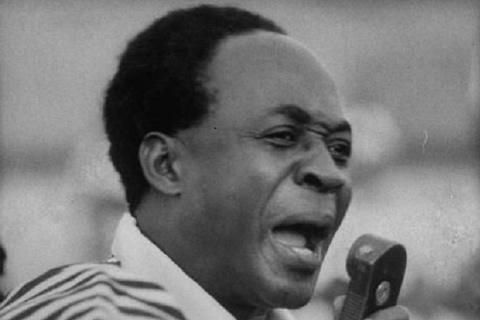
Ghana has been a beacon of democracy in Africa but has a checkered history of military intervention, coup and counter coup.
After becoming a democracy in 1957, Ghana gained republican status in 1960. However, the country began to slide into authoritarian rule under Nkrumah, who had championed freedom in the struggle for independence.
A year after independence, he introduced the Preventive Detention Act which made it possible to arrest anyone who is suspected of working against the state. The suspect(s) can be imprisoned up to five years without sentence.
In 1964, Ghana was made a one-party state and all powers vested in Nkrumah. The Ghana flag was replaced by his Convention People’s Party flag among other dictatorial orders.
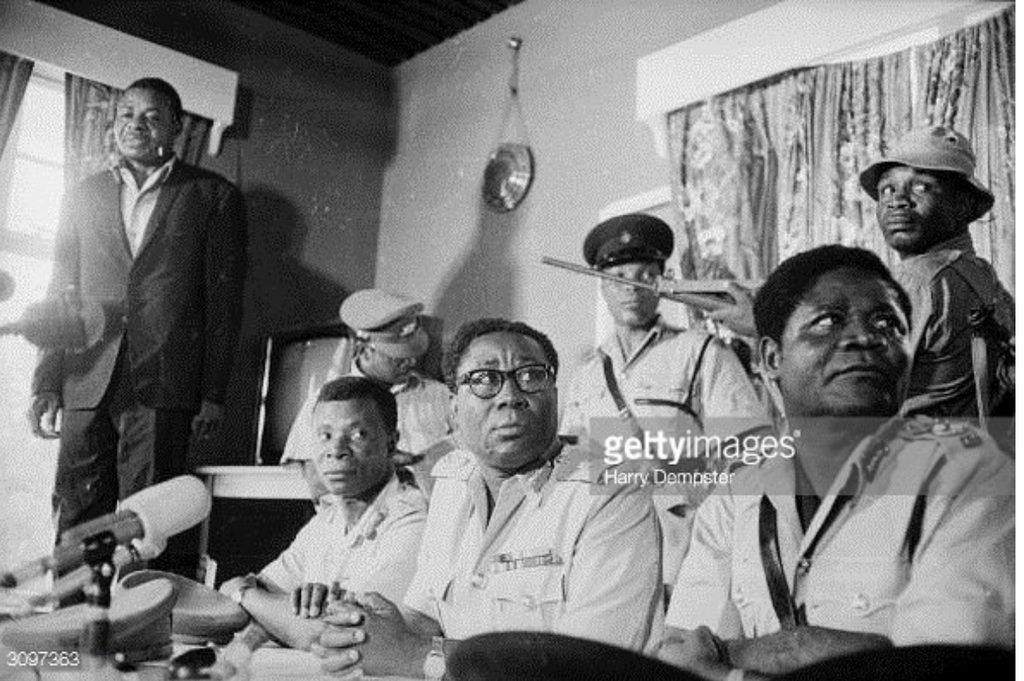
A group of military and police officers staged a coup on February 25, 1966, bringing to an end, Nkrumah’s strongman rule and promising industrialization and infrastructural development.
The new military government called itself the National Liberation Council (NLM) and noted that the aim of the coup was to end corruption and change the constitution in order to get Ghana back to democratic rule.
In May 1969 the NLM allowed multi-party democracy and in September that year, elections were held and a new civilian government led by Dr Kofi Busia came into office, ushering in the second republic.
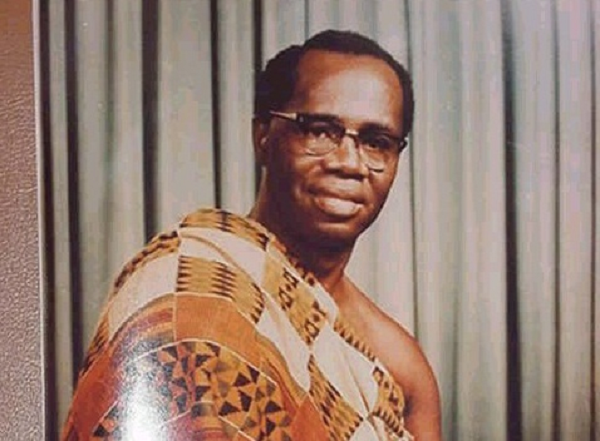
However, falling cocoa prices, economic meltdown and hardship led to unrest in Ghana, forcing the military to once again, capture power in 1972. The National Redemption Council installed Colonel Ignatius Acheampong as the head of state. Acheampong is forced to resign in 1978, after strikes by unions, mostly arranged by students and harassing and jailing of critics without sentencing.
General William Akuffo takes control of the ‘Supreme Military Council II’ and promises to return Ghana to multi-party democracy. There was massive discontent among the populace as no major changes happened in the following year.
There was an unsuccessful coup headed by the young Flight Lieutenant Jerry John Rawlings in May 1979. He was arrested but was freed by soldiers supporting him. On June 4 that year, a new military coup is carried out by Rawlings. The Armed Forces Revolutionary Council (AFRC) takes power and later supervised a democratic election.
Dr Hilla Limann and his People’s National Party won power in June 1979, establishing the third republic.
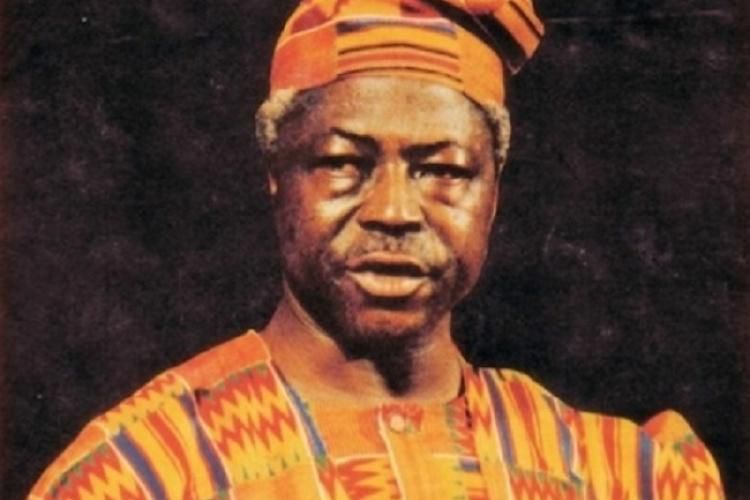
However, on December 31, 1981, Rawlings once again takes power through a military coup. Rawlings established the Provisional National Defence Council (PNDC) and becomes it chairman, earning him the nickname, ‘Chairman Rawlings.’
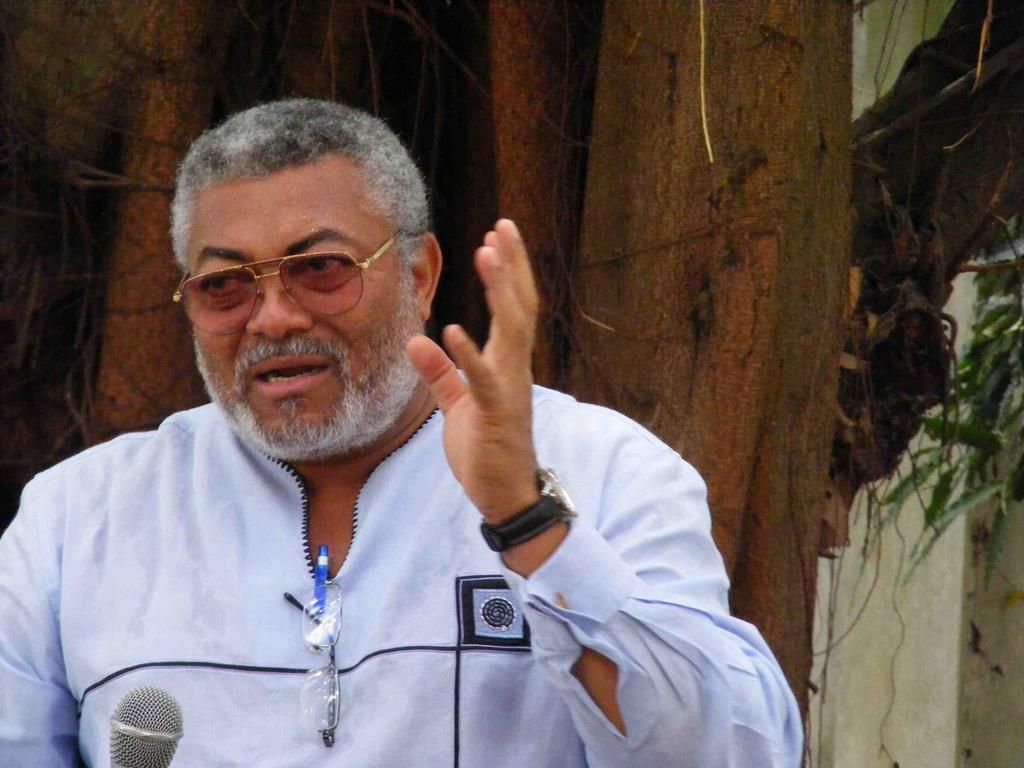
He ruled Ghana for 11 years and returned the country to multi-party democracy in 1992, thus, establishing the fourth republic. He won the disputed November 1992 presidential and parliamentary election. The opposition New Patriotic Party (NPP), led by Professor Adu Boahene, claimed it was a stolen verdict and boycotted the parliamentary election, which was organized after the presidential election.
Rawlings won a second term against the NPP’s John Agyekum Kufuor in 1996 with 57 percent votes.
In 2000, the NDC with Vice President John Evans Atta Mills as its flagbearer, lost to the NPP’s Agyekum Kufuor.
Ghana witness its first democratic change of government from the governing National Democratic Congress (NDC) to the opposition NPP in 2001.
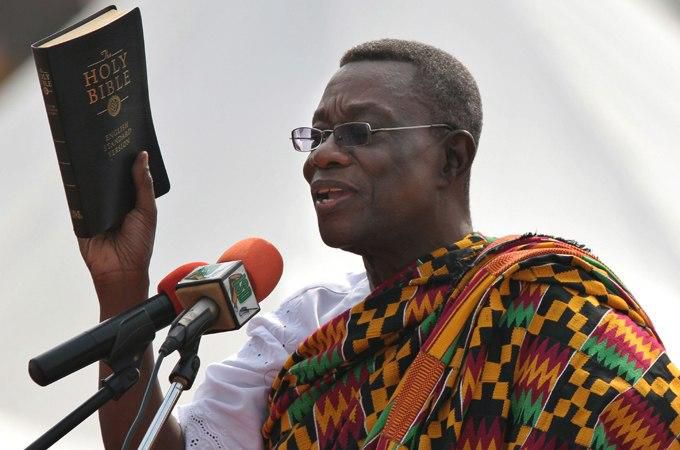
Kufuor governed Ghana for eight years and was succeed by John Evans Atta Mills in 2008. Mills died in office in 2012 and was succeeded by his Vice President, John Mahama, who served Mills’ remaining term and grab a first term victory for himself in the December 7, 2012 election.
President Mahama lost his reelection bid to then candidate Nana Akufo-Addo, becoming the first president in Ghana to lose a second term.
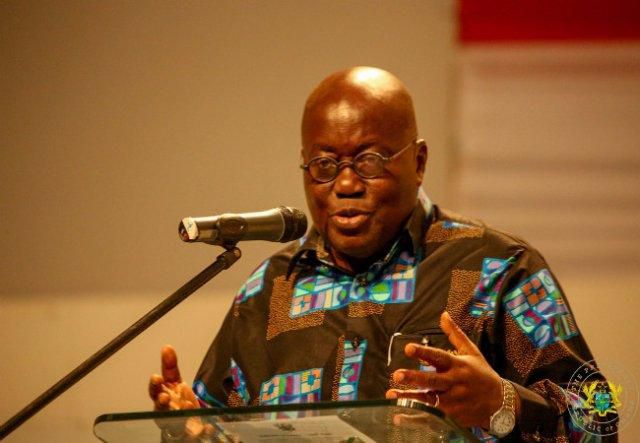
President Akufo-Addo was sworn into office on January 7, 2016, after unsuccessful attempts in 2008 and 2012.
,fit(112:112))
)
,fit(112:112))
)
)
)